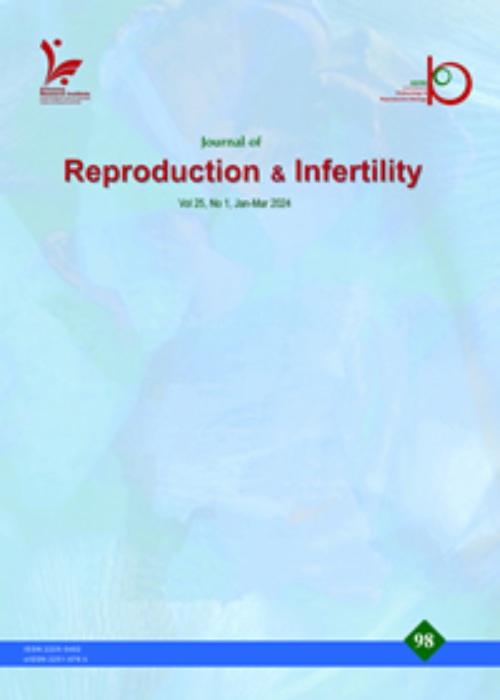Psychological Aspects of Surrogate Motherhood
Author(s):
Abstract:
Introduction
Surrogacy is a treatment option available to women with medical problems, including mal-formations of uterus, like mullerian agenesis, to help them have their own genetic children. The indications for this infertility treatment option include absent uterus, recurrent abortions, repeated IVF failures and some other medical conditions. With regards to the effects of this approach on patients’ lives, it is necessary to evaluate the psychological and social aspects of surrogate motherhood. The purpose of this study is to review the results of researches done on surrogacy, experiences of surrogate mothers and the effect of this method on their marital and social relationships and their psychological health.Materials and Methods
This article is a literature review of articles published from 1990 to 2007.Results
It has been suggested that relinquishing the child may be extremely distressing and may result in psychological problems for surrogate mothers. It has also been feared that the surrogate mother may prenatally form a bond with the baby that would make it particularly difficult for her to hand over the child to the commissioning parents. For those women who do relinquish the child, the risk of post-natal depression, as well as feelings of anger or guilt, may add further strain to the woman's psychological health. Such that woman may enter into surrogacy arrangements because of financial hardship without being fully aware of its potential risks. Other concerns relating to surrogacy include the impact on the surrogate mother's partner, her parents or any existing children, and its destabilizing effects on her family integrity. On the other hand, case series that have explored the experiences of surrogates and commis-sioners, have not noted any substantial psychological problems and surrogates have not experienced a higher than average postpartum depression rate. By a comprehensive and precise consultation and support of an expert team, many of these surrogate mothers could experience this period positively. Conclusion
Surrogate pregnancy should be treated as a high-risk psychological experience. In addition, it is recommended that surrogates receive professional counseling before, during and after pregnancy.Keywords:
Language:
Persian
Published:
Journal of Reproduction & Infertility, Volume:9 Issue: 1, 2008
Page:
43
magiran.com/p551609
دانلود و مطالعه متن این مقاله با یکی از روشهای زیر امکان پذیر است:
اشتراک شخصی
با عضویت و پرداخت آنلاین حق اشتراک یکساله به مبلغ 1,390,000ريال میتوانید 70 عنوان مطلب دانلود کنید!
اشتراک سازمانی
به کتابخانه دانشگاه یا محل کار خود پیشنهاد کنید تا اشتراک سازمانی این پایگاه را برای دسترسی نامحدود همه کاربران به متن مطالب تهیه نمایند!
توجه!
- حق عضویت دریافتی صرف حمایت از نشریات عضو و نگهداری، تکمیل و توسعه مگیران میشود.
- پرداخت حق اشتراک و دانلود مقالات اجازه بازنشر آن در سایر رسانههای چاپی و دیجیتال را به کاربر نمیدهد.
In order to view content subscription is required
Personal subscription
Subscribe magiran.com for 70 € euros via PayPal and download 70 articles during a year.
Organization subscription
Please contact us to subscribe your university or library for unlimited access!


